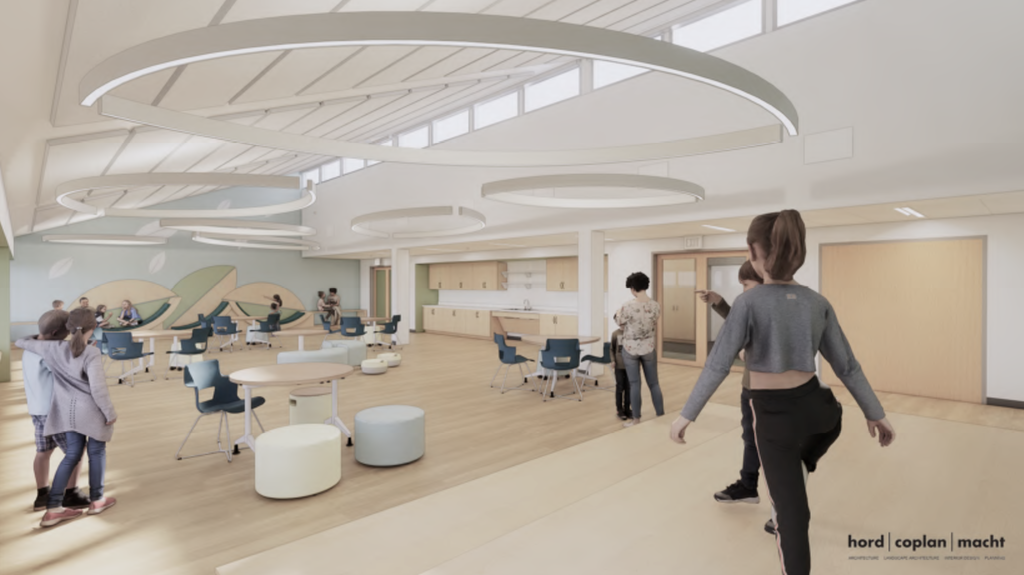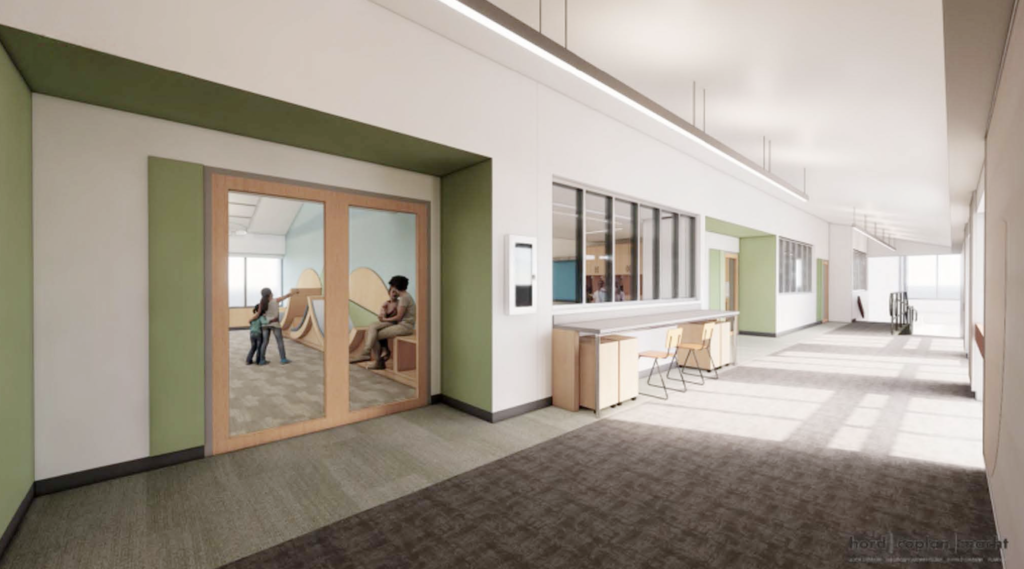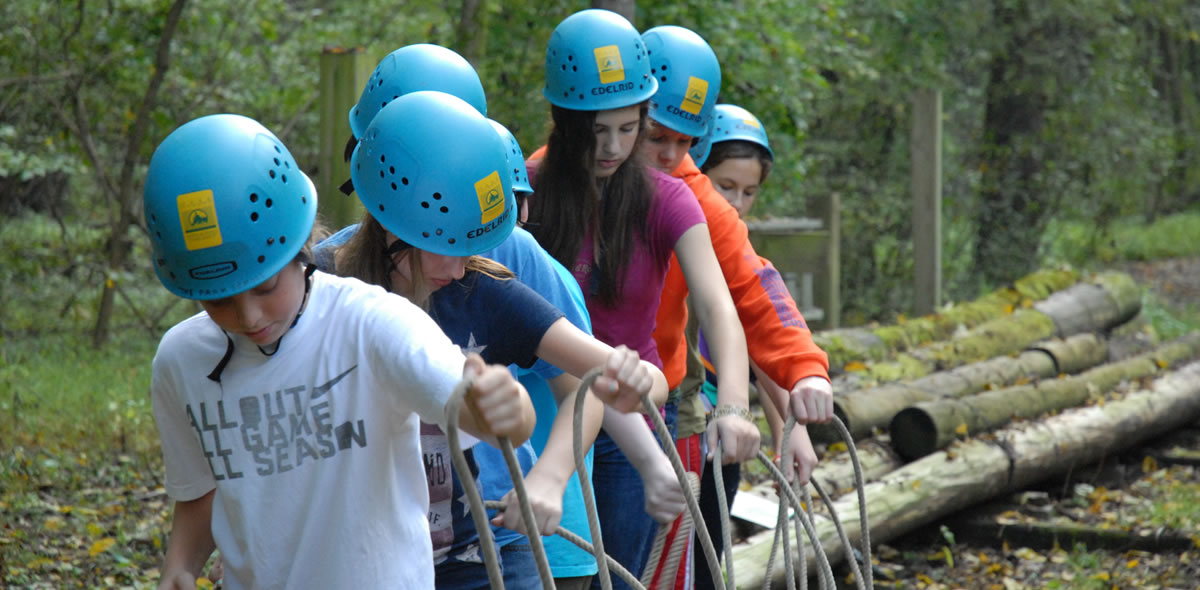The Principles of Progressive Education

Well before Park’s 1912 founding, philosophers had envisioned models of education that placed the child at the center of the learning process.
Those models began to find a place in classrooms as the rapid industrialization of the late 19th century gave rise to the Progressive Era in the United States. Important social and political reforms – such as women’s suffrage and the compulsory education of all children – led educators to begin thinking differently about learning and pedagogy. Their belief that children were rational beings, who needed to understand their responsibilities as future participants in a democratic society, demanded a different type of schooling.
Park School’s first headmaster Eugene Randolph Smith recognized that what children needed was an education “…that helps an individual to develop an understanding of life, and the character and the power of thinking and doing that will help him to live richly, to use his abilities wisely and fully, and to be a useful and constructive member of his community.” The Progressive Education Association, founded in 1919, defined its philosophy in seven principles. Although unattributed, the language of the article points to Eugene Randolph Smith, the first president of the Association, as the author. These values were incorporated as Park’s founding ethos and continue to be central to Park today.
John Locke (1632-1704) • Jean-Jacques Rousseau (1712-1778) • Johann Heinrich Pestalozzi (1746-1827) • Friedrich Fröbel (1782-1852) • Francis Wayland Parker (1837-1902) • John Dewey (1859-1952) • Hans Froelicher Sr. (1865-1930) • Eugene Randolph Smith (1876-1968)
I. Freedom to Develop Naturally
The conduct of the pupil should be governed by himself according to the social needs of his community, rather than by arbitrary laws. Full opportunity for initiative and self-expression should be provided, together with an environment rich in interesting material that is available for the free use of every pupil.
II. Interest, the Motive of all Work
Interest should be satisfied and developed through: (1) Direct and indirect contact with the world and its activities, and use of the experience thus gained. (2) Application of knowledge gained, and correlation between different subjects. (3) The consciousness of achievement.
III. The Teacher a Guide, not a Task-Master
It is essential that teachers should believe in the aims and general principles of Progressive Education and that they should have latitude for the development of initiative and originality.
Progressive teachers will encourage the use of all the senses, training the pupils in both observation and judgment; and instead of hearing recitations only, will spend most of the time teaching how to use various sources of information, including life activities as well as books; how to reason about the information thus acquired; and how to express forcefully and logically the conclusions reached. Ideal teaching conditions demand that classes be small, especially in the elementary school years.
IV. Scientific Study of Pupil Development
School records should not be confined to the marks given by the teachers to show the advancement of the pupils in their study of subjects, but should also include both objective and subjective reports on those physical, mental, moral and social characteristics which affect both school and adult life, and which can be influenced by the school and at home. Such records should be used as a guide for the treatment of each pupil, and should also serve to focus the attention of the teacher on the all-important work of development rather than on simply teaching subject matter
V. Greater Attention to all that Affects the Child’s Physical Development
One of the first considerations of Progressive Education is the health of the pupils. Much more room in which to move about, better light and air, clean and well ventilated buildings, easier access to the out-of-doors and greater use of it, are all necessary. There should be frequent use of adequate playgrounds. The teachers should observe closely the physical condition of each pupil and, in co-operation with the home, make abounding health the first objective of childhood.
VI. Co-Operation Between School & Home to Meet the Needs of Child-Life
The school should provide, with the home, as much as is possible of all that the natural interests and activities of the child demand, especially during the elementary school years. These conditions can come about only through intelligent co-operation between parents and teachers.
VII. The Progressive School a Leader in Educational Movements
The Progressive School should be a leader in educational movements. It should be a laboratory where new ideas, if worthy, meet encouragement; where tradition alone does not rule, but the best of the past is leavened with the discoveries of today, and the result is freely added to the sum of educational knowledge.


